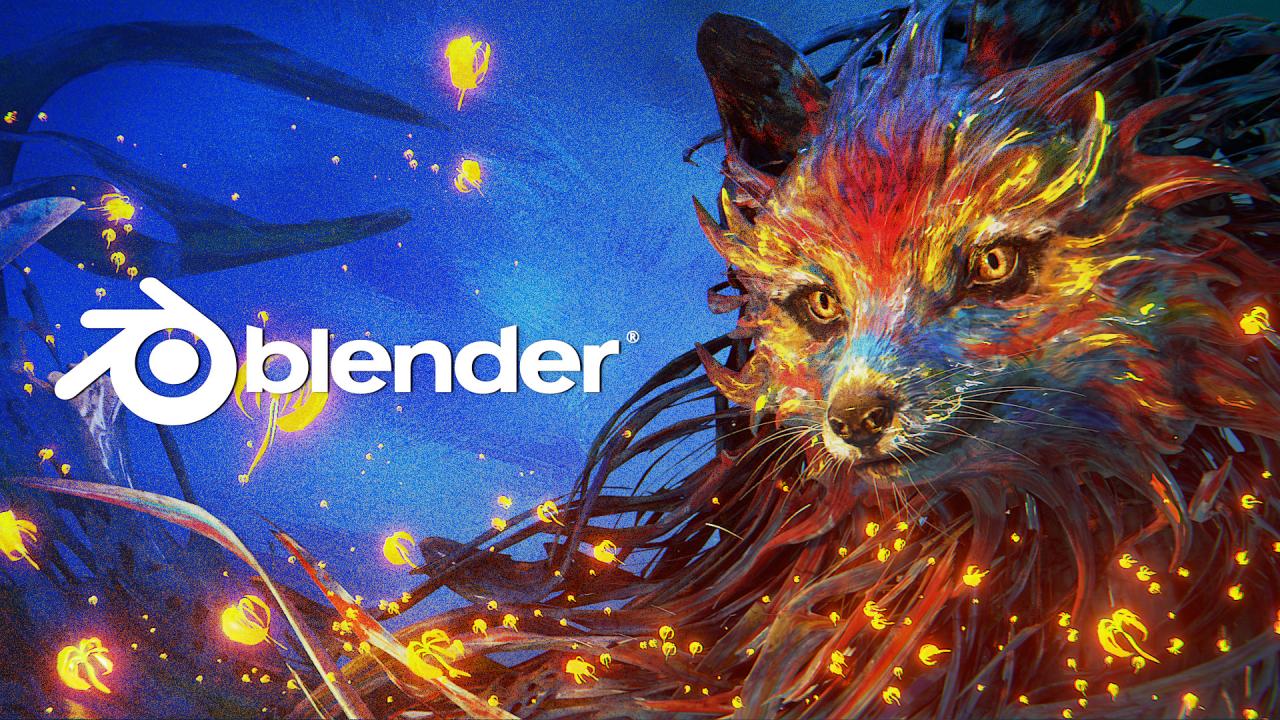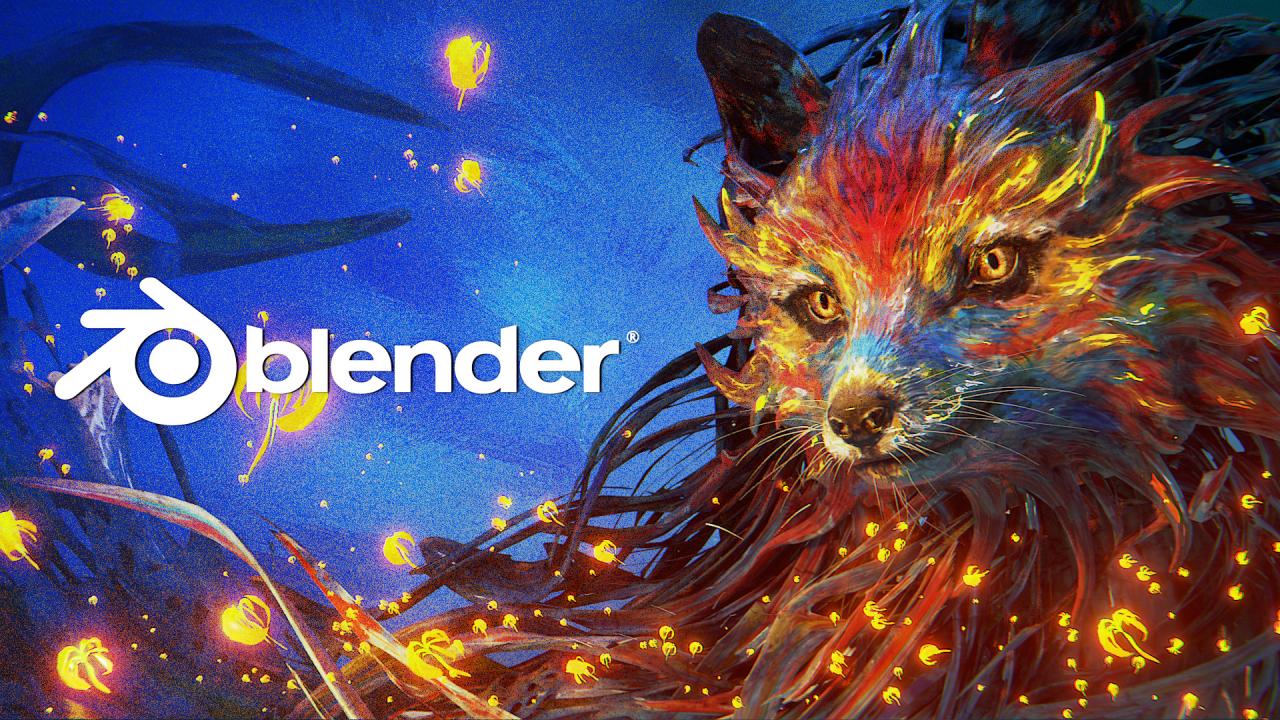Blender org – Blender.org is a powerhouse in the world of open-source 3D creation. This foundation, dedicated to fostering creativity and accessibility, has built a community around the Blender software, a powerful tool used by artists, animators, filmmakers, and game developers worldwide.
Table of Contents
From its humble beginnings to its current status as a leading 3D software, Blender has a rich history of innovation and collaboration. The Blender Foundation’s commitment to open-source development has allowed for a vibrant community to grow, contributing to the software’s constant evolution and expansion.
Blender’s Sustainability and Ethical Considerations: Blender Org

Blender, as a powerful and versatile 3D creation software, has a significant impact on the digital world. It’s crucial to examine its environmental footprint and the ethical implications of its use in various industries.
Blender’s Environmental Impact
Blender’s environmental impact primarily stems from its energy consumption during use and development. The software itself is relatively lightweight, but running it on a computer requires energy. However, Blender’s open-source nature allows for optimization and development on various platforms, including less energy-intensive ones.
- Energy Consumption: The energy consumption of Blender depends on the computer’s hardware, the complexity of the project, and the duration of use. High-resolution rendering and complex simulations demand more processing power, leading to increased energy consumption.
- Software Development: Blender’s development process involves energy consumption for server infrastructure, data storage, and software updates. However, being open-source, Blender benefits from a distributed development model, potentially mitigating energy consumption compared to proprietary software.
- Sustainable Practices: Users can contribute to sustainable practices by using energy-efficient hardware, optimizing project settings for efficient rendering, and leveraging cloud computing for rendering tasks, which can be powered by renewable energy sources.
Ethical Considerations in Blender’s Use
Blender’s versatility makes it a tool for various industries, raising ethical concerns about its use in areas like advertising, film, and video games.
- Representation and Diversity: Blender can be used to create visuals that perpetuate stereotypes or exclude certain groups. Ethical considerations involve ensuring that representations in 3D creations are diverse and inclusive, promoting a positive and accurate depiction of reality.
- Content Creation and Copyright: The use of Blender for content creation raises ethical questions about copyright and intellectual property. It’s crucial to ensure that users respect intellectual property rights and avoid unauthorized use of copyrighted materials.
- Transparency and Authenticity: Blender can be used to create highly realistic visuals, raising concerns about transparency and authenticity. It’s important to use Blender ethically to create visuals that are transparent and do not mislead viewers.
Initiatives Promoting Ethical and Sustainable Blender Use, Blender org
Several initiatives promote ethical and sustainable use of Blender.
- Open Source Nature: Blender’s open-source nature allows for collaborative development, ensuring transparency and accessibility for everyone. This encourages the development of sustainable features and promotes ethical use.
- Community Engagement: The Blender community actively discusses ethical considerations and promotes responsible use of the software. Forums, online discussions, and educational resources encourage ethical practices.
- Education and Awareness: Educational initiatives focus on raising awareness about ethical and sustainable use of Blender. Workshops, tutorials, and online resources educate users about responsible practices.
Wrap-Up
Blender.org has become a symbol of creativity and accessibility, empowering individuals and industries alike. Its open-source nature fosters a collaborative spirit, allowing users to learn, share, and contribute to a platform that continuously pushes the boundaries of 3D creation. As technology advances, Blender’s role in the creative landscape is sure to evolve, ensuring its continued impact on the world of digital art.
Blender.org is a powerful open-source 3D creation suite, but sometimes you need to convert files between formats to work with other programs. For that, you can use a free online converter to easily switch between formats like OBJ, FBX, or STL, ensuring your Blender models are compatible with various software.

